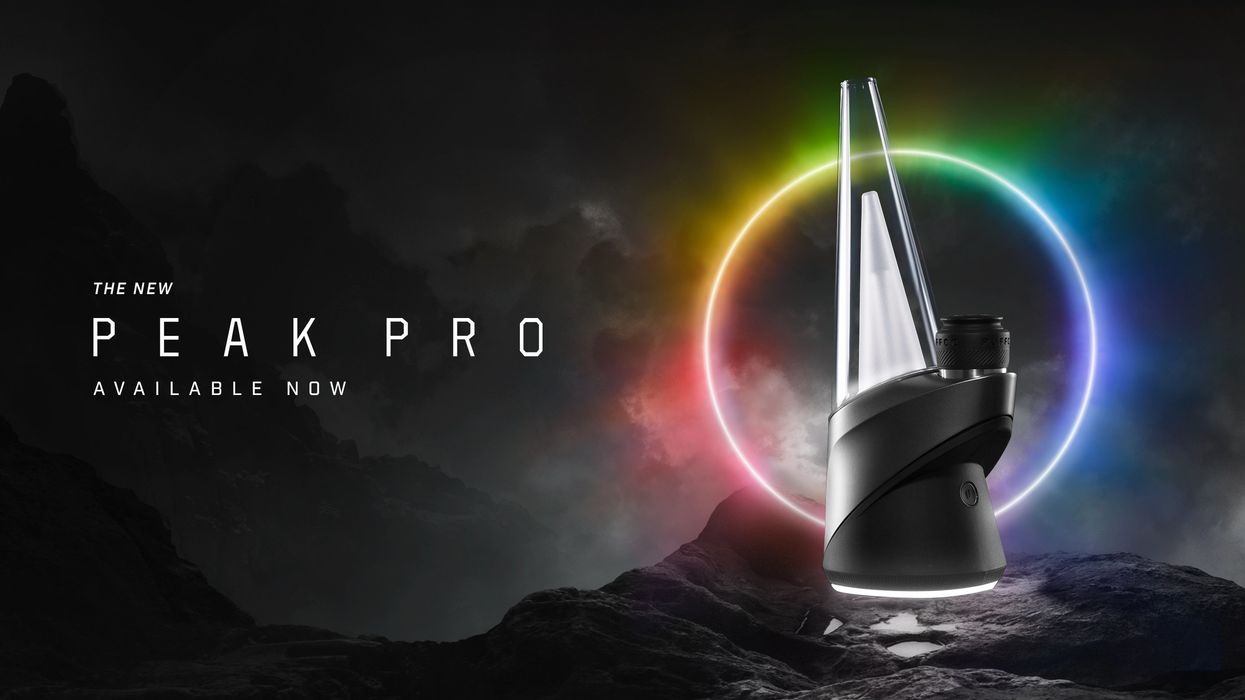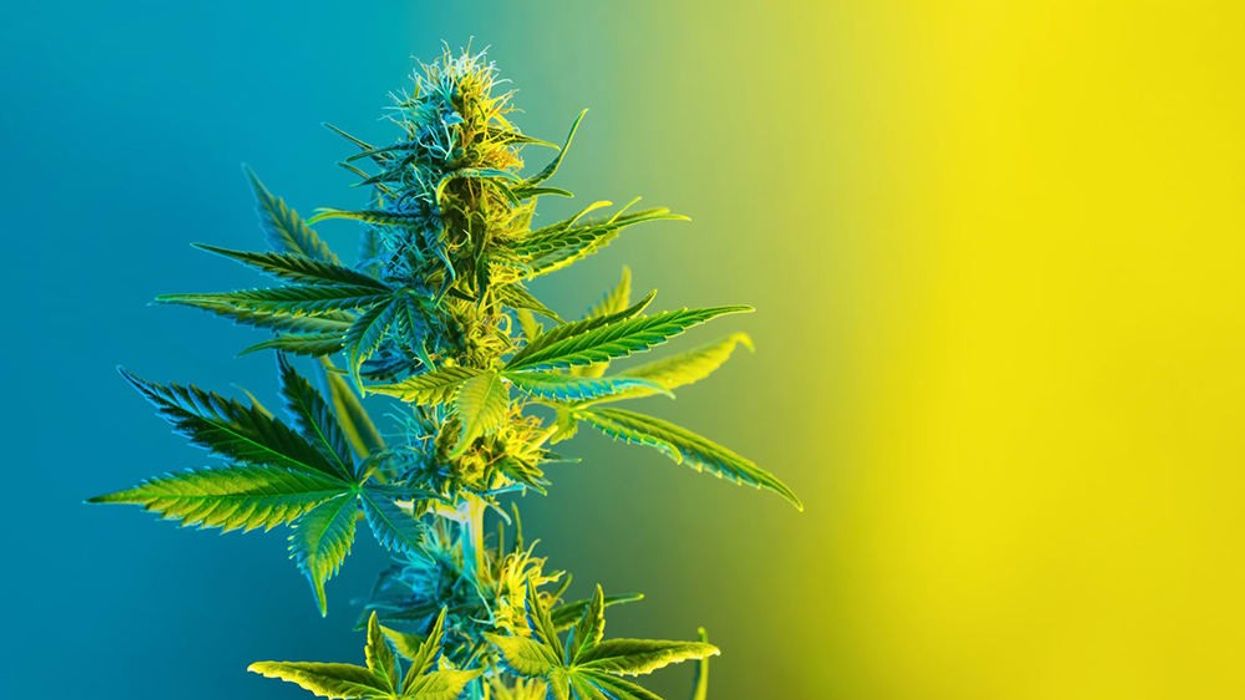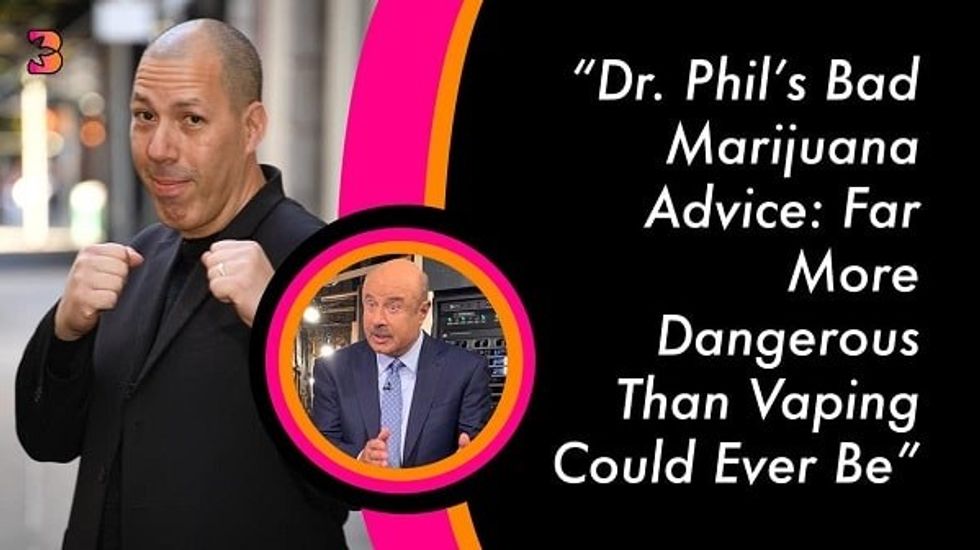Most colleges and universities are now back in session, and some of their students will constitute the first wave to receive a university education in cannabis. With weed-related jobs growth outpacing more traditional fields and interest in cannabis careers soaring, it’s no surprise that universities are beginning to prepare students for a future in the industry. Applicants armed with degrees specific to the field could be at a significant advantage.
Here’s our back-to-school special report on which universities let you matriculate in marijuana.
Cannabis Coursework
Several universities have dipped a cautious toe in the water of formal cannabis education, offering a few select classes to students as part of broader degrees.
Legal and regulatory subjects are a common point of entry. The University of Denver offers its law students an elective on “Representing the Marijuana Client” that covers topics like the tax implications of a legal weed biz, staying within the lines of government compliance, and the ethics of canna-business. Ohio State University offers an elective in their Criminal Law department called “Exploring the ‘Legalized’ Cannabis Industry” (their quotes). Clark University, a small private university in Worcester, Massachusetts, launched a three-course graduate certificate program which focuses on pot and public policy with this fall semester.
The health applications of cannabis are also becoming a popular addition to the curriculum. The University of Washington’s two-tiered “Medicinal Cannabis and Chronic Pain” course is aimed at medical professionals looking to expand the range of solutions they can offer patients to alleviate a broad range of suffering. The University of Vermont gives students pursuing medical degrees the chance to earn professional certificates in cannabis science or biology through seven or eight-week online courses. There aren’t many options for students in the country’s biggest legal weed market but The University of California-Davis has a couple of choices, including “The Physiology of Cannabis.” UCLA has research initiatives in cannabis driven by student involvement, but no officially accredited courses.
Northern Michigan University, in the newly weed-legal state, may be the first American college to provide a full major degree in a cannabis-related field. The university describes its offered major in Medicinal Plant Chemistry as “the only 4-year undergraduate degree program of its kind." Cannabis isn’t the only plant covered, as cannabis is situated within the broader context of the many herbal extracts sold under the umbrella of health and wellness. But the rare opportunity for intensive cannabis study is the main factor driving press interest and booming enrollment. The degree’s been offered for only two years, and there are 230 students are already on their way to earning it. New Jersey’s Stockton University offers a minor in cannabis studies that encompass both legal and health classes, but no major just yet.
Graduate Level Ganja
Even fewer universities have developed in-depth cannabis degrees, and then offered only at a post-graduate level.
This year, the University of Maryland’s School of Pharmacy, launched the country’s first Master of Science program focused on medical cannabis. Students pursuing a degree in “Medical Cannabis Science and Therapeutics”, are given a two-year deep-dive into the medical side of the industry, going beyond scientific data to cover topics like state law, and product manufacturing. Crucially, U of M seeks to add the own first-hand research on cannabis, a crucial piece for a plant that’s been notoriously under-studied on a federal level, due to illegality and stigmatization.
For the 2020 school year, McGill University in Montreal will introduce a graduate program in Cannabis Production to students who’ve already completed an undergraduate degree in botany or related agricultural fields. In the Canadian market, where cannabis jobs have tripled over the past calendar year, more schools will likely follow.
New School Schools
And then there are the non-traditional vocational schools who’ve sprung up to fill in for the lack of comprehensive training for aspiring cannabis industry professionals.
Oaksterdam University, located in Oakland, has operated as a training ground since 2007, almost a decade ahead of even fledgeling efforts at most state or private schools. It offers a mix of in-person and online courses in business or horticulture for cannabis, though not the on-site housing and student life experience found on most college campuses. It offers certification to graduates, as well as job counseling and opportunities for professional networking.
Colorado hosts a couple of recently established, but growing educational organizations. Clover Leaf University provides varied courses and certificates, with a mix of in-class and online courses. CLU touts the approval of the Occupational School Board of the state’s Department of Higher Education given to its curriculum as a first in the state. Denver’s Cannabis Training University provides perhaps the broadest range and number of courses available among all of these options, all of which are delivered online with no option for face-to-face learning.
It will be fascinating to see if these upstart institutes will be able to thrive once cannabis studies become an ingrained piece of North American academia and not just this semester’s novelty.
Are you still missing out on The Bluntness newsletter? Sign Up today to stay in the loop.







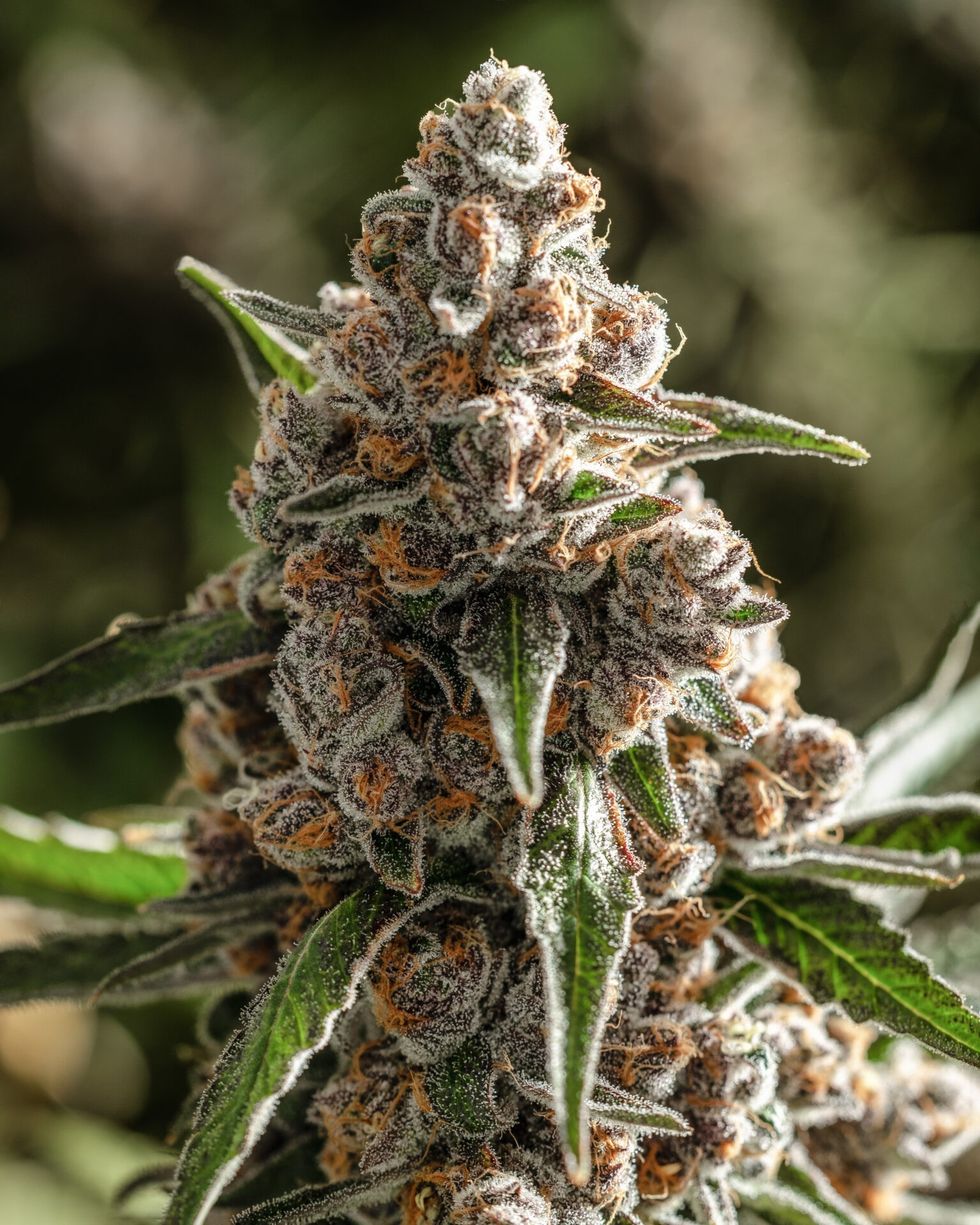 Super Boof Strain: 2024 Strain of the Year - The Bluntness
Super Boof Strain: 2024 Strain of the Year - The Bluntness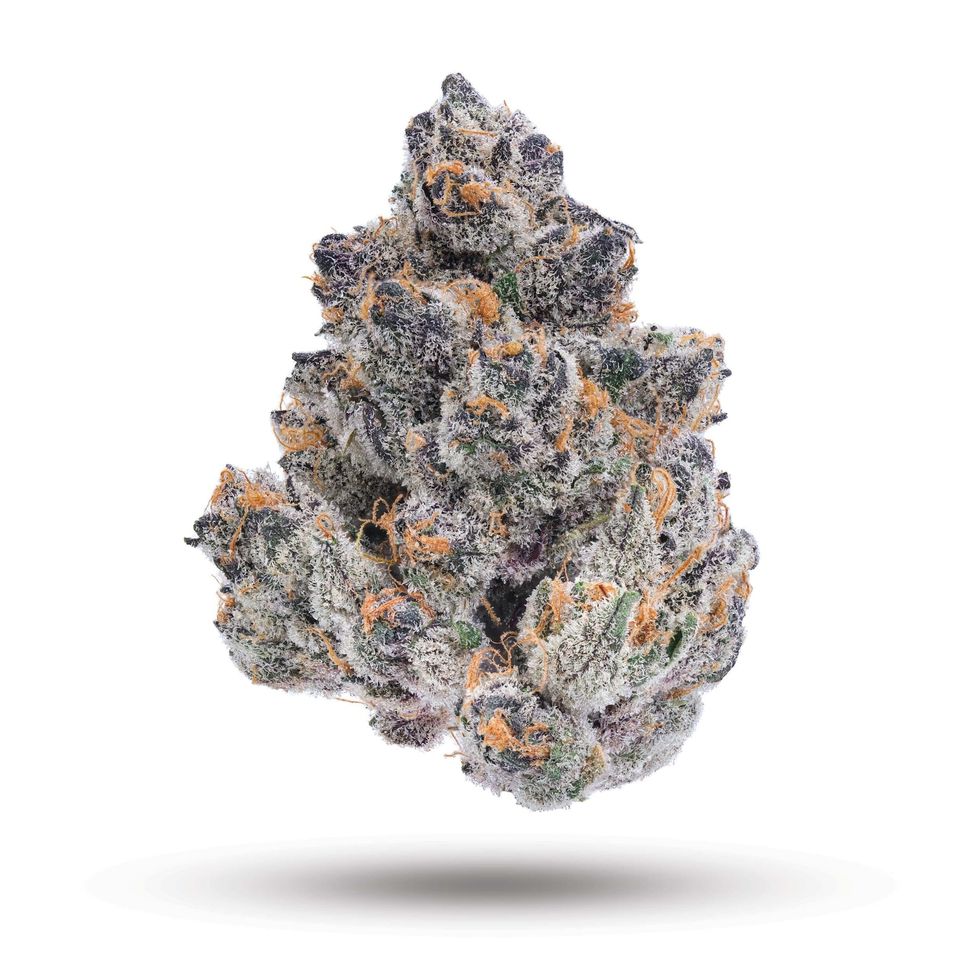 Super Boof Strain: 2024 Strain of the Year - The Bluntness
Super Boof Strain: 2024 Strain of the Year - The Bluntness


